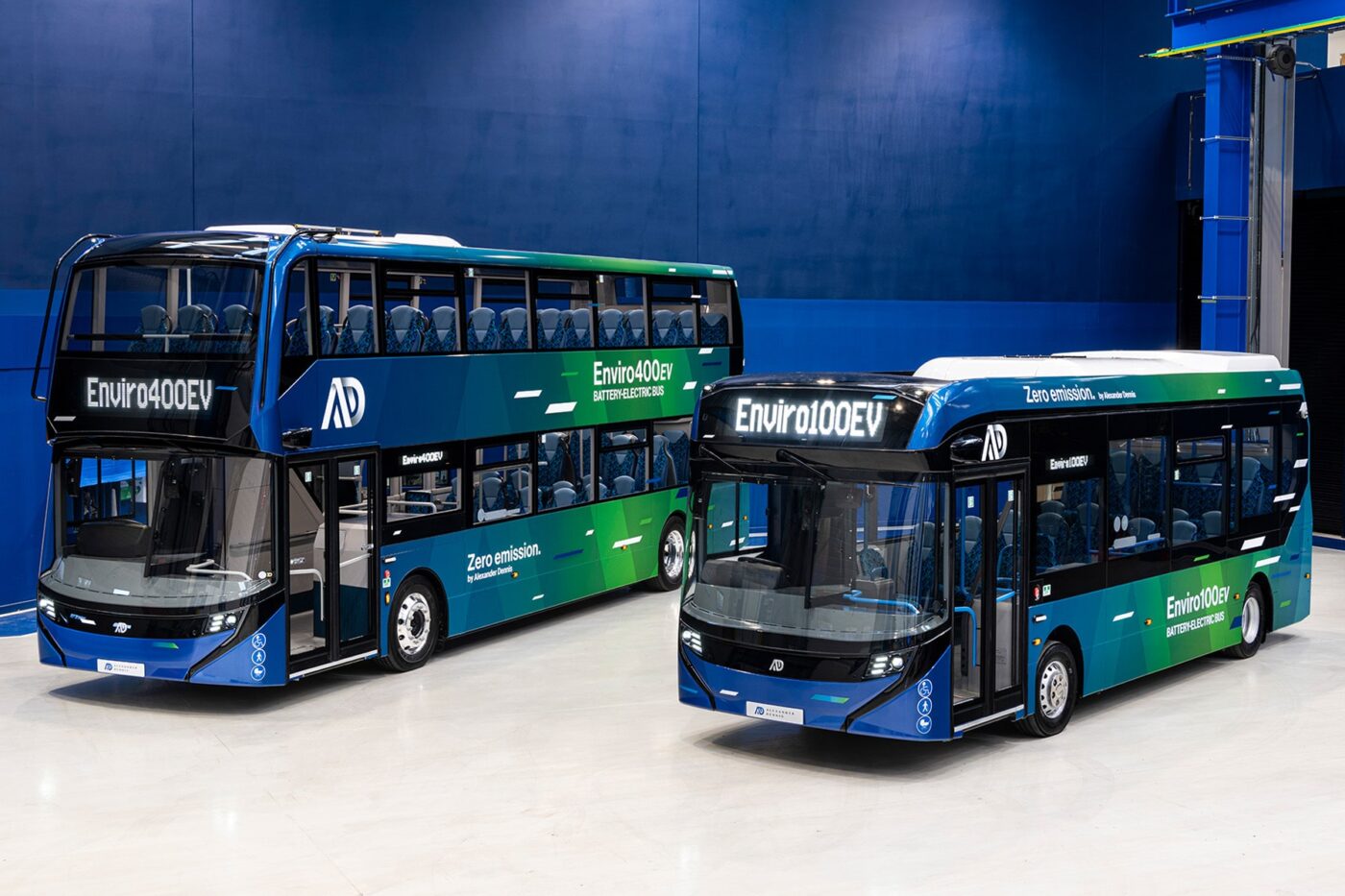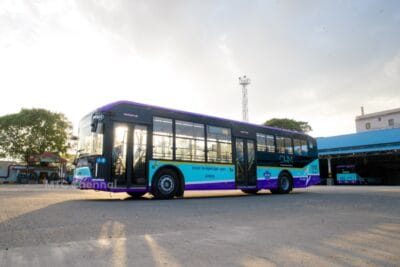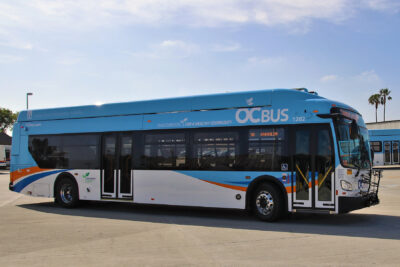Alexander Dennis to shift production from Scotland to England
The company, which offers a range of electric buses under the name Enviro, outlined its plans as part of a newly launched consultation process. The move follows a “detailed business review”, according to the firm. The goal is “to adjust the UK business to changing market dynamics”.
“We must take significant action to drive efficiency to allow our operating model to be competitive,” said Paul Davies, President and Managing Director of Alexander Dennis (ADL). The objective is to cut costs, eliminate duplication, and streamline responsibilities.
Strong criticism of government policy
Davies made it clear that the decision was driven not only by economic pressures but also by political conditions. “Current UK policy does not allow for the incentivization or reward of local content, job retention and creation, nor does it encourage any domestic economic benefit”, he said. “We have warned of the competitive imbalance for some time.”
A key challenge for the company is the growing market share of Chinese electric bus manufacturers – even though ADL previously partnered with Chinese company BYD before launching its own electric models in 2022. The share of Chinese manufacturers in the UK market has reportedly risen from 10 to 35 per cent within a year.
“In 2025, between 700 and 800 buses will be supplied by two Chinese competitors,” Davies told Sustainable Bus. These figures likely refer to BYD and Yutong. While Davies last year spoke of ADL delivering around 1,500 vehicles by the end of 2025, he now stresses the company must “take significant action to drive efficiency to allow our operating model to be competitive.”
Political responses
According to ADL’s current plan, production in Falkirk, which has already been scaled back in recent years, would be wound down entirely, with the site closing. Production lines in Larbert, also in Scotland, would cease once existing contracts are fulfilled. Going forward, Alexander Dennis plans to manufacture solely in Scarborough.
The proposed closures have triggered political debate and dismay, particularly in Scotland. Scottish Deputy First Minister Kate Forbes expressed concern in comments reported by the BBC: “This will be a hugely worrying time for the workforce at Alexander Dennis, their families and the wider community. The Scottish government will continue to explore any and all options throughout the consultation period to allow the firm to retain their hard-working employees and manufacturing and production facilities at Falkirk and Larbert.”
The opposition has meanwhile sharply criticised government policy, expressing disappointment that ADL has seen limited benefit from the nearly million-pound Scottish zero-emission bus fund ScotZEB. Labour MSP Euan Stainbank accused the SNP government of “selling out” Scottish jobs. Of the 252 potential orders under the ScotZEB scheme, only 44 were awarded to Alexander Dennis – while Greater Manchester alone ordered over 160 buses. He called the situation “an industrial failure”.
A historic turning point
Alexander Dennis’s roots in Falkirk go back to 1901, when Walter Alexander first opened a bicycle shop there. The site later became a centre for the production of buses, vans and fire engines. In 2019, the company was acquired by Canadian group NFI, which employs around 9,000 people globally.
“We are extremely proud of our UK history and legacy dating back to 1895,” said Davies. “We are proposing a new UK manufacturing strategy to underpin financial sustainability and lower operating costs in the face of changing and challenging market dynamics.”
While the consultation phase continues, observers – including Scottish Conservative MSP Graham Simpson – are calling for decisive action from both governments: “Our bus market is being taken over by low-cost Chinese imports and we need to see action to end this scandal immediately.”
Update 15 September 2025
Bus manufacturer Alexander Dennis will retain its Scottish production facilities following a £4 million pledge from the Scottish government to fund a company-led furlough scheme. The 26-week programme will cover 80 per cent of staff costs, with the remainder provided by the company, and is designed to bridge the gap between securing new bus orders and the resumption of production.
The scheme, the first of its kind to receive Scottish government backing, will be triggered once sufficient orders are confirmed to maintain operations at Larbert and Falkirk. According to the manufacturer, it has seen increased demand for its single and double-deck buses in recent weeks, including zero-emission models, reflecting ongoing growth in the UK electric bus market.
Alexander Dennis reported that securing at least 300 orders per year is essential to sustain long-term production in Falkirk.
“Today’s announcement marks a turning point. The Scottish Government’s support allows us to propose a new outcome to our statutory consultation today,” said Paul Davies, Alexander Dennis President & Managing Director. “Together with our team members’ acceptance of new terms and conditions through the trade union ballot, and the confidence we have in securing new orders, we will be able to keep our manufacturing sites in Larbert and Falkirk open and operational. This decision saves hundreds of jobs within Alexander Dennis and supports our 1,000 suppliers throughout the UK.





0 Comments